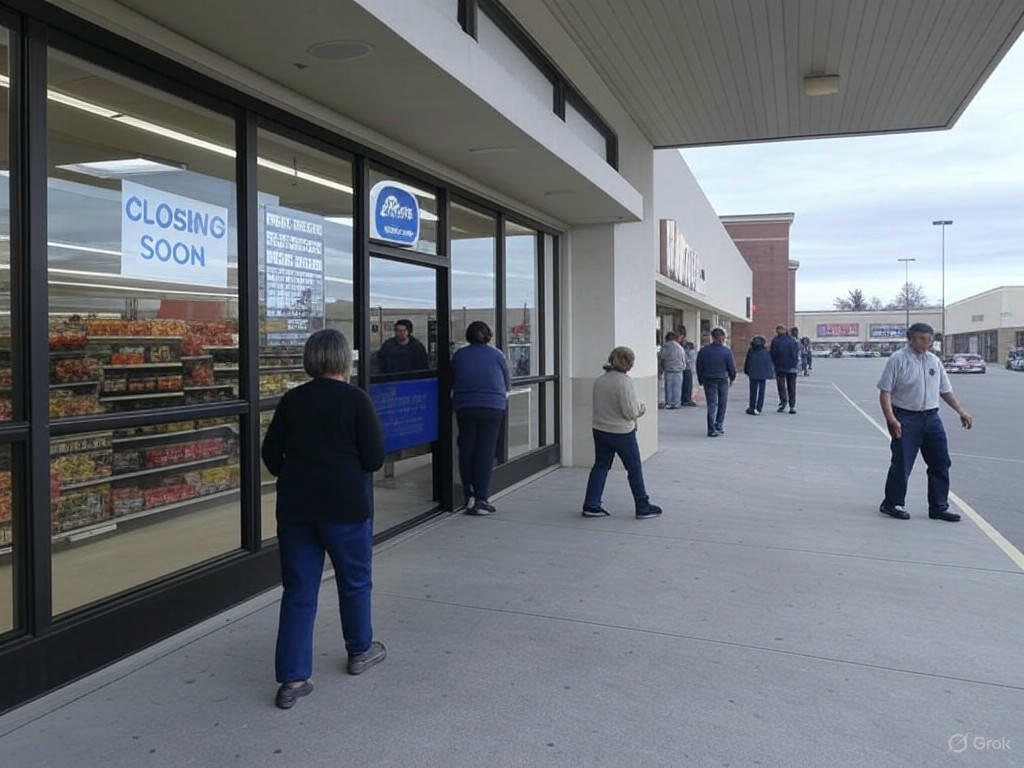Kroger’s Strategic Retreat: Louisville Store Among Dozens Slated for Closure
In a move that has sent ripples through communities across the United States, Kroger, the Cincinnati-based grocery giant, has unveiled plans to shutter 60 stores nationwide over the next year and a half. Among the locations facing closure is a store in Louisville, Kentucky, marking a significant shift for local shoppers who have long relied on the retailer for their daily needs. This decision, while tough, reflects Kroger’s broader strategy to streamline operations and focus on more profitable markets amid evolving retail challenges.
The announcement has sparked concern among Louisville residents, many of whom view the store as a neighborhood staple. For years, Kroger has been a go-to destination for groceries, household goods, and even pharmacy services in the area. The closure raises questions about access to affordable food options, especially for those without easy transportation to other locations. Local employees are also bracing for the impact, as the shutdown will likely result in job losses or reassignments. While Kroger has not released specific details about severance packages or support for affected workers, the company has emphasized its commitment to minimizing disruption during this transition period.
This wave of closures is part of a larger trend in the retail sector, where traditional brick-and-mortar stores are grappling with the rise of e-commerce, shifting consumer habits, and increased competition from discount chains and online delivery services. Kroger, like many of its peers, is reevaluating its physical footprint to prioritize investments in digital platforms and high-performing locations. Industry analysts suggest that the company may be redirecting resources toward expanding its online presence and enhancing delivery options to keep pace with giants like Amazon and Walmart. Additionally, inflationary pressures and rising operational costs could be contributing factors in the decision to scale back on underperforming stores.
For Louisville, the closure is more than just a business decision—it’s a community issue. Shoppers are already exploring alternatives, with some turning to nearby competitors or smaller local markets. However, the loss of a major retailer like Kroger could have a ripple effect on the local economy, potentially impacting surrounding businesses that relied on the foot traffic generated by the store. Community leaders are calling for dialogue with Kroger to explore possible solutions, such as repurposing the space or supporting displaced workers through retraining programs.
As Kroger navigates this challenging chapter, the company faces the delicate task of balancing profitability with its responsibility to the communities it serves. While the closure of the Louisville location and dozens of others signals a strategic retreat, it also underscores the harsh realities of a rapidly changing retail landscape. For now, affected customers and employees are left to adapt, hoping that the future holds new opportunities despite the immediate uncertainty. Kroger’s next steps will be closely watched, as they could set a precedent for how traditional retailers evolve in an increasingly digital world.


